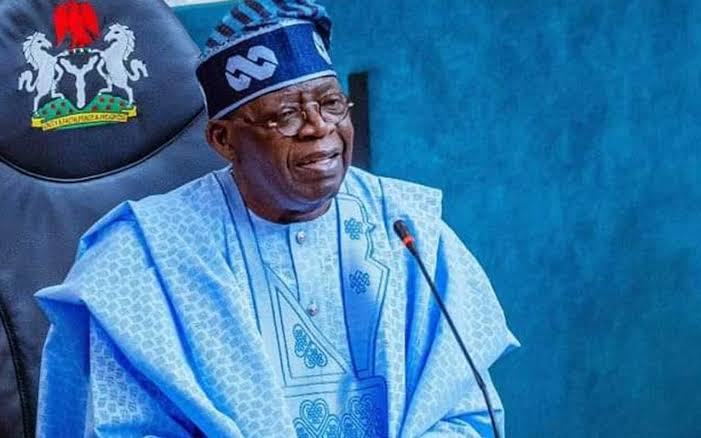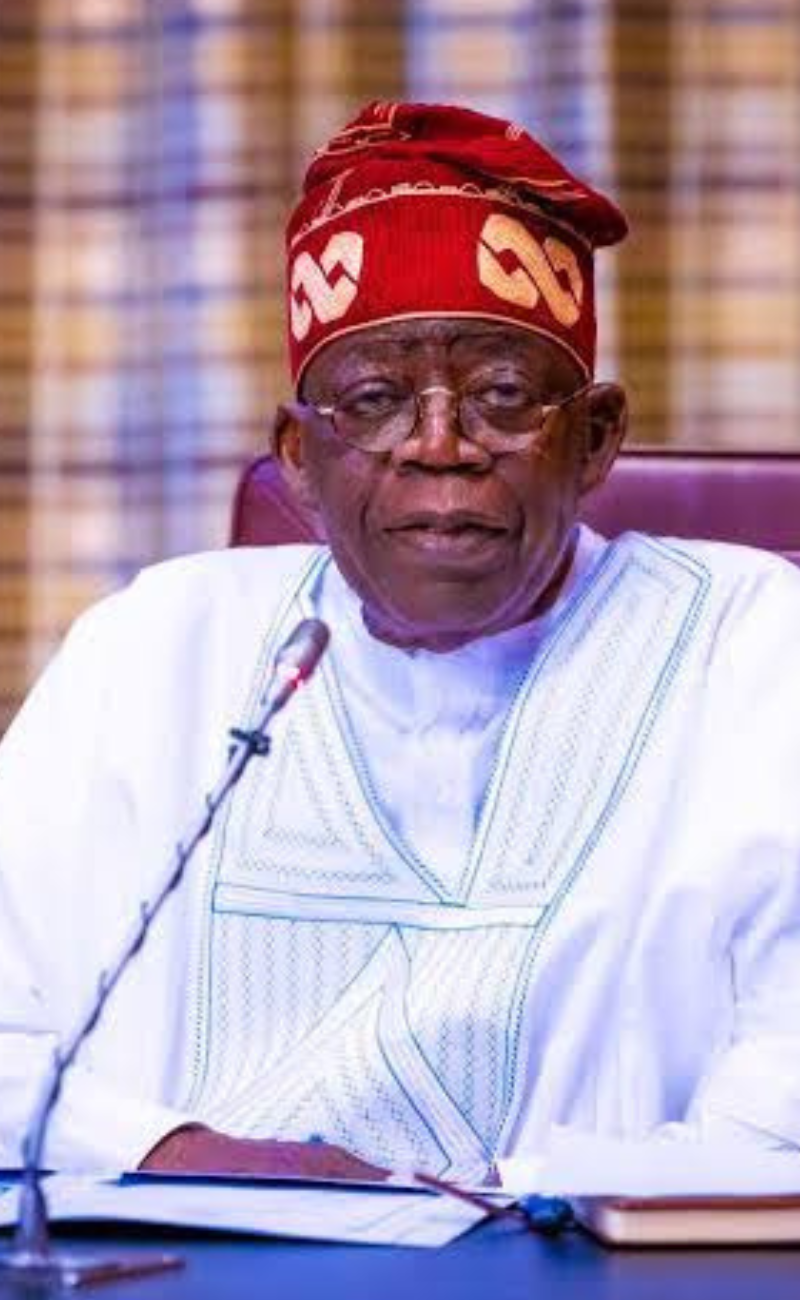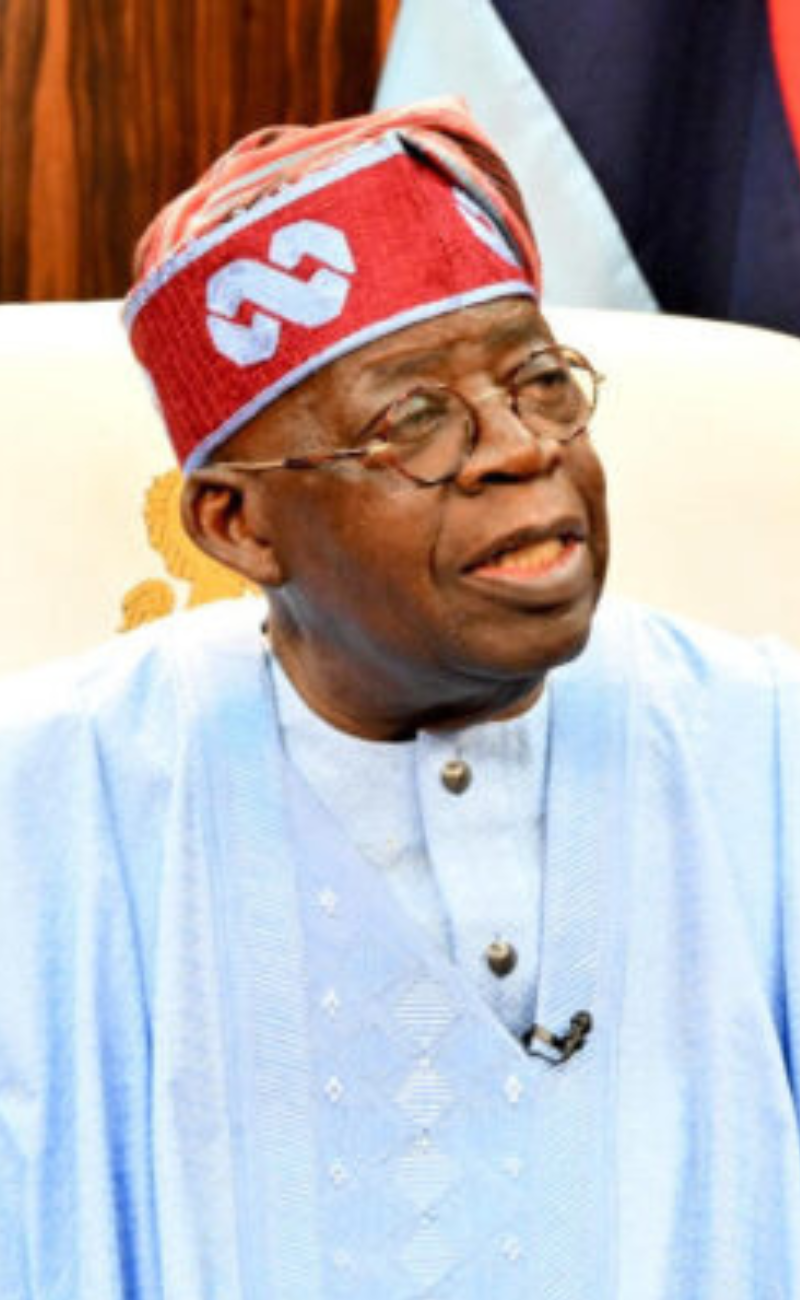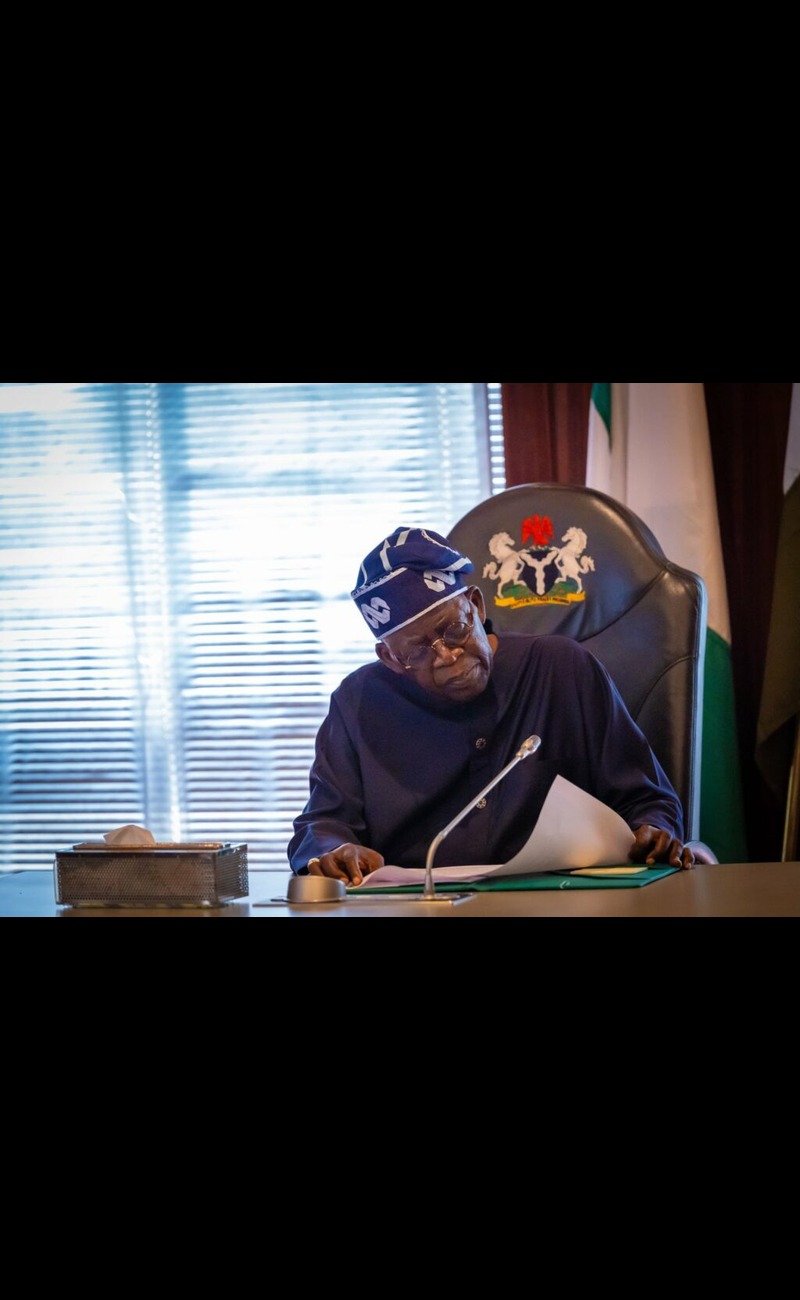As President Bola Ahmed Tinubu marked his second year in office on May 29, 2025, key leaders of the national assembly – Senate President Godswill Akpabio and Speaker of the House of Representatives Tajudeen Abbas, have applauded the president’s leadership, describing his administration as transformative and boldly reformist.

In a congratulatory message to commemorate the milestone, the President of the Senate, Godswill Akpabio praised President Tinubu’s commitment to national development and his efforts to restore Nigerians’ confidence in the future.
“Today, May 29, 2025, marks the second year anniversary of President Bola Ahmed Tinubu’s administration. On behalf of the Nigerian Senate, the entire National Assembly, my family and constituents, I extend my warmest and profound congratulations to a visionary, courageous and transformative leader, President Asiwaju Bola Ahmed Tinubu, GCFR, on this milestone.” Akpabio said.
Akpabio commended Tinubu for staying true to the ideals of the Renewed Hope Agenda, which he described as “revitalising our economy, improving the lives of Nigerians, rekindling hope in our people and building a brighter and prosperous future for our nation.”
He said the creation of development commissions for each geopolitical zone exemplified the administration’s commitment to inclusivity and nation-building.
“The level of infrastructural development as enunciated in the monumental on-going projects across the country such as the Lagos- Calabar coastal highway, the Lagos- Maiduguri are testaments to your leadership signature and development conscious pedigree,” Akpabio added.
“The economic reforms are gradually turning Nigeria into the preferred business destination of local and foreign investors; with the naira making a strong rebound couple with your ambitious and purposeful fiscal policies.”
On security, Akpabio noted the resurgence of military operations across bandit-prone areas and described the progress as “obvious and positive.” He also referenced growing endorsements for President Tinubu’s return in 2027 as evidence of “verifiable performance in good governance and delivery on campaign promises.”
Also commending the president, the Speaker of the House of Representatives, Rep. Tajudeen Abbas, said Tinubu had shown purposeful leadership in confronting the country’s inherited challenges head-on.
According to Abbas, President Tinubu has steered Nigeria on a path of reform, resilience and renewal, using bold economic and institutional strategies. He praised the administration’s commitment to fiscal discipline, social development, and inclusivity.
He further praised the removal of the fuel subsidy as a game-changing policy, stressing how it once drained over $10 billion annually but has already resulted in over ₦1 trillion in savings within the first two months.
“President Tinubu has demonstrated good leadership and courage from day one, vowing to lift our economy by six per cent annually, rationalise the foreign exchange market, generate jobs, and confront insecurity,” Abbas stated.
Abbas highlighted several fiscal and economic gains, including harmonisation of exchange rates, over $6 billion in foreign inflows, and rebounding confidence in the Naira. “The World Bank confirms that the real GDP growth for 2024 reached its highest level since 2015, driven by a resilient non-oil sector and fortified public revenues,” he added.
He lauded the administration’s social interventions, including ₦32.7 billion allocated to the National Social Investment Programme and reinstated conditional cash transfers reaching 12 million vulnerable households.
On infrastructure, Abbas noted the strategic partnerships with China under the Belt and Road Initiative, which have spurred significant development in roads, railways, ports, and renewable energy. “From the Lagos-Calabar Coastal Highway to the Lagos–Ibadan standard-gauge railway, these projects are transforming the economy,”
Tinubu’s mid-term message: Two years of hard reforms, steady recovery
In a nationwide address to mark the second anniversary of his administration, President Bola Ahmed Tinubu reflected on the reforms, challenges and modest gains recorded since he assumed office on May 29, 2023.
“Two years ago, you entrusted me with the sacred responsibility to lead our nation at a time of historic challenges, Together, we have faced these headwinds with courage and determination,” the president began.
He said his administration took immediate and bold decisions to save Nigeria from imminent collapse, ending the fuel subsidy regime and unifying the foreign exchange system, which he described as necessary to stabilise the country’s finances and reduce economic distortions.
While acknowledging the hardship caused by the reforms, Tinubu insisted that the alternative would have been catastrophic runaway inflation, defaulting on debts, a collapsed Naira, and widespread fuel shortages.
The president outlined key achievements across various sectors, including:
•Macroeconomic stability: Inflation, beginning to ease, and the fiscal deficit reduced from 5.4 percent of GDP in 2023 to 3.0 percent in 2024. Revenue collection exceeded N6 trillion in Q1 2025.
•Oil sector recovery: With a 400 percent increase in rig counts and over $8 billion in new investments, the oil and gas sector is rebounding. Nigerian National Petroleum Coporation (NNPC) is now a net contributor to the Federation Account.
•Debt and reserves: External reserves rose from $4 billion in 2023 to over $23 billion by end of 2024. The debt service-to-revenue ratio dropped below 40 percent.
•Tax reforms: Tax-to-GDP ratio rose to 13.5 percent in 2024 from 10 percent. VAT exemptions on food, education, healthcare, rent and transport are easing the cost of living.
•Investment climate: Tax incentives now focus on manufacturing, agriculture, and tech. A Tax Ombudsman is being established to protect small businesses and ensure accountability.
•Security: President Tinubu credited improved inter-agency coordination, boosted troop morale and more intelligence-led operations for progress against insurgency and banditry, especially in parts of the north-west.
•Health sector: Over 6,000 primary health centres are being revitalised. Free dialysis and maternal care are now available in pilot centres. Health insurance coverage grew from 16 to 20 million enrolees.
•Education and youth empowerment: The student loan scheme is being implemented, while agencies like National Agency for Science and Engineering Infrastructure (NASENI) are leading innovation-driven programmes in EVs, diagnostics, and drone technology.
•Infrastructure: Several critical road projects are underway nationwide, and investments in solar energy are expanding power access to underserved communities.
•Agriculture: New tractors, fertiliser support and mechanisation projects aim to boost food production and stabilise prices.
President Tinubu made a renewed call for unity, optimism, and shared responsibility.
“We are halfway through the journey that began 24 months ago. We have stabilised our economy and are now better positioned for growth,” he said. “Together, we are building a future of shared prosperity where no Nigerian is left behind.”




